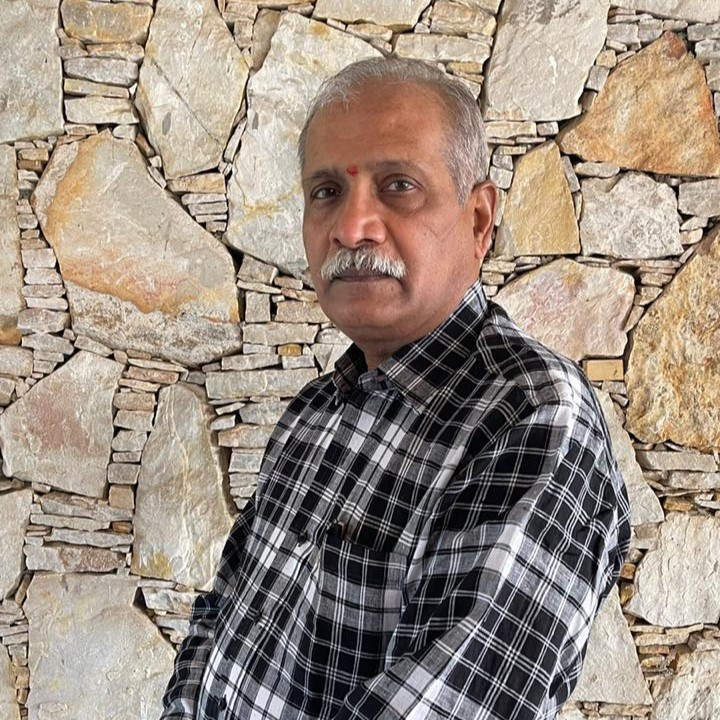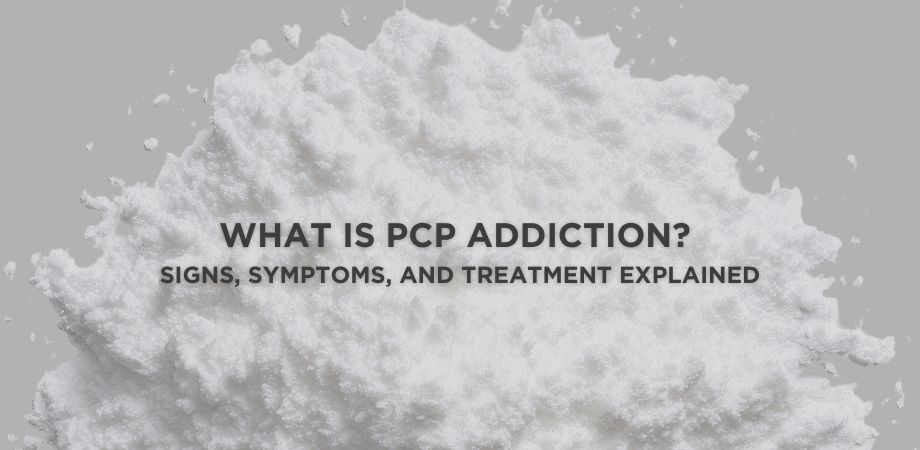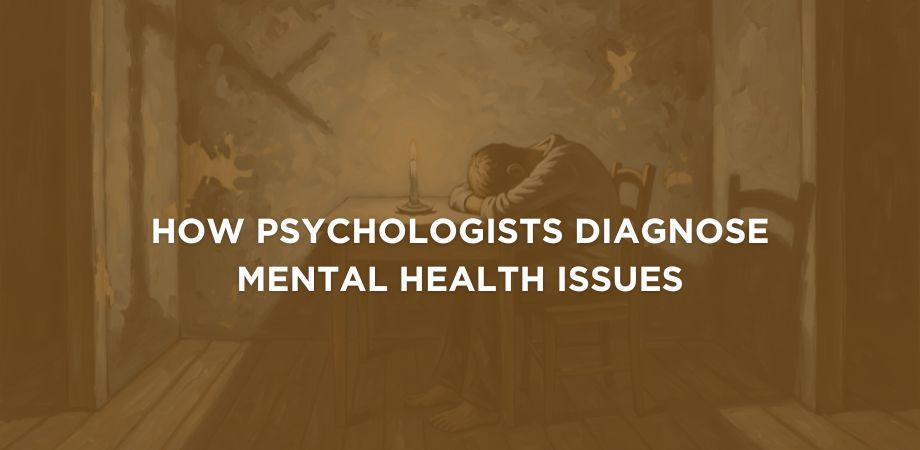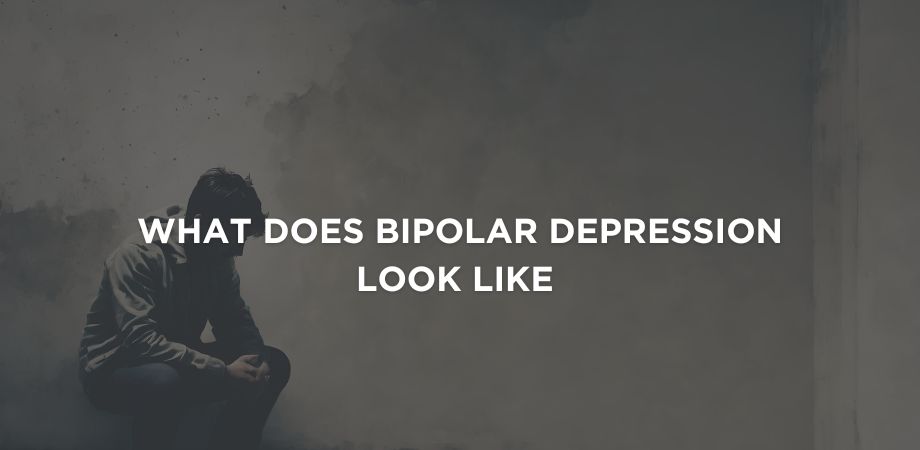Phencyclidine, commonly known as PCP, is a powerful dissociative hallucinogenic drug that was originally developed in the 1950s as an anesthetic. It quickly lost medical use due to its severe psychological side effects but remains a dangerous street drug today. On the streets, it is often sold under names like Angel Dust, Rocket Fuel, Peace Pill, and Embalming Fluid.
PCP is illegal in India and across the world, yet it continues to surface in party scenes and underground markets. Its appeal lies in the distorted sense of reality it creates, but the risks far outweigh the high. Users often face violent behavior, psychosis, memory loss, and long-term mental health damage.
This article explores the dangers of PCP addiction, the signs that indicate a problem, and the most effective treatment options at Alpha Healing Center for lasting recovery.
I. What Is PCP?
Phencyclidine, known as PCP, is a powerful dissociative hallucinogenic drug. Scientists first developed it in the 1950s as a surgical anesthetic. However, they discontinued its use due to severe psychological side effects, including agitation and hallucinations.
PCP no longer serves any legal medical purpose. Instead, unscrupulous makers now produce it illegally for recreational use. On the streets, you’ll find it in many forms: powder, pills, or liquid. People may snort it, smoke it, often mixed with marijuana or tobacco, inject it, or swallow it.
Users report intense effects: hallucinations, dissociation, numbness, and a warped sense of reality. Some feel invincible. These sensations make PCP extremely dangerous. A recent case report from South Asia describes how PCP triggered rare and severe neurological effects, like involuntary eye movements, in a young man who tragically died of complications.
II. Effects of PCP?
PCP’s effects can change wildly depending on the dose, the user, and the setting. It can spark sudden aggression, violent outbursts, or full-blown psychosis. At high doses, it may trigger seizures, send users into a coma, or even cause death. Over time, long-term use harms memory, distorts speech, and often leads to depression or suicidal thoughts. Users pose a danger to themselves and others. A forensic study reports that PCP users—especially those with legal or criminal history—showed significantly higher rates of general and intimate partner violence compared to cannabis users. This unpredictability makes PCP abuse extremely hazardous for users and frightening for their families and communities.
III. Why PCP Is So Dangerous?
PCP is dangerous because its effects are unpredictable. A small dose may cause confusion. A higher dose may cause rage. Each person reacts in a different way. Even the place or mood can change the outcome.
Many users show aggressive or violent behavior. Some lose touch with reality and act in risky ways. At very high doses, PCP can cause seizures. It may push the body into a coma. In some cases, it leads to sudden death.
Long-term use is also harmful. People may suffer memory loss, poor speech, or deep sadness. Some even have suicidal thoughts. In addition, this drug addiction can cause severe mental health crises, especially in youth.
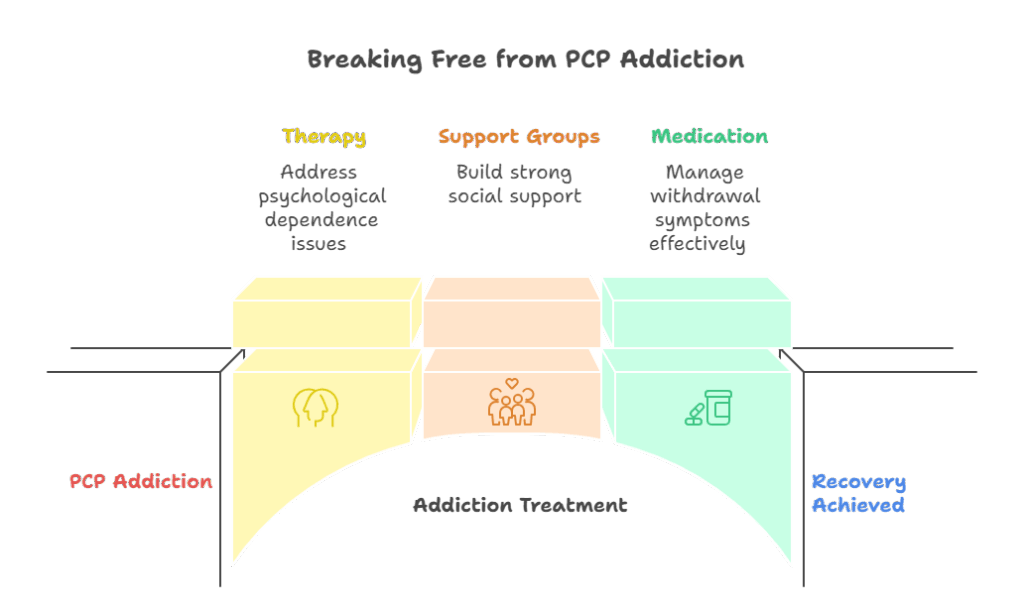
IV. Signs and Symptoms of PCP Abuse
Here are the common signs of PCP abuse:
Physical signs
These show up in the body and movement.
- Slurred speech
- Poor coordination
- Drooling
- High blood pressure
- Rapid eye movements
Psychological signs
These affect the mind and emotions deeply.
- Paranoia
- Extreme agitation
- Hallucinations
- Delusions
- Emotional detachment
Behavioral signs
These change how a person acts in daily life.
- Risky behavior
- Social withdrawal
- Violent outbursts
- Legal issues
- Erratic decisions
Certain factors increase the risk of PCP misuse. These include high stress, poor family support, and peer influence. A recent study in Kolkata links stress and poor emotional support among youth with rising drug misuse and early warning signs like slurred speech and sudden isolation.
V. What Causes PCP Addiction?
PCP does not create strong physical addiction like opioids. Instead, it builds a deep psychological hold. People often chase its dissociative high, hoping to escape stress or reality. Over time, the brain begins to crave these altered states.
Repeated use slowly changes brain chemistry. It disturbs thinking, memory, and emotions. Many users struggle with depression, paranoia, and detachment. The drug may feel like an escape, but it quietly worsens mental health.
Quitting becomes hard because of withdrawal symptoms. Cravings, sadness, poor memory, and confusion pull users back to the drug. Families often see their loved one stuck in this cycle.
In India, rising cases of synthetic drug misuse among youth highlight how quickly psychological dependence can form and how hard it is to break without treatment.
VI. Health Consequences of PCP Abuse
PCP harms both body and mind. It can damage the brain over time. It breaks parts of the brain. It can also harm the liver and kidneys.
PCP can trigger mental illnesses like schizophrenia. It may cause long psychosis. That can last for days or weeks. Some people think about harming themselves. PCP can even raise suicidal thoughts.
These effects grow with long use or high doses. Families must watch for any early signs.
In India, studies show substance misuse often links with high suicide risk among youth. One large review found that mental illness and drug use are key factors in rising teen suicide across the country.
VII. Why Professional Treatment Is Essential?
Stopping PCP use suddenly is risky. Many people face intense psychological withdrawal. They may show aggression, confusion, or deep sadness. Families often find it hard to manage these changes.
Home detox is unsafe. PCP can trigger sudden psychosis or violent outbursts. Only trained professionals can guide a safe detox. Medical care reduces risk and keeps the patient stable.
Many users also struggle with other mental illnesses. This is called dual diagnosis. A proper rehab program treats both conditions together. Without this, recovery does not last.
Professional treatment offers more than detox. It brings diagnosis, counseling, and emotional support. At Alpha Healing Center, clients receive round-the-clock care in a safe and calm space. This support is vital for long-term recovery and peace of mind for families.
VIII. PCP Addiction Treatment Options
PCP addiction needs structured and professional care. Treatment depends on the severity of use, mental health status, and family support. Here are the main options.
A. Medical Detox
There is no FDA-approved detox medicine for PCP. Still, doctors can manage withdrawal safely. Medical teams use sedatives or antipsychotics to calm aggression and reduce psychosis. In some cases, patients may need hospitalization. This step helps stabilize the body and mind before rehab.
B. Inpatient Rehab
Inpatient care works best for moderate to severe cases. Patients live at the rehab center under 24/7 support. Programs include individual therapy, group sessions, and psychiatric care. The stay usually lasts 30 to 90 days. This controlled setting removes triggers and builds a strong recovery foundation.
C. Outpatient Treatment
Outpatient care is suited for mild cases or as a follow-up to inpatient rehab. Patients attend therapy sessions but return home after. This option balances recovery with daily life. It includes therapy, medication checks, and support groups.
D. Psychotherapy and Behavioral Therapy
Therapy helps people face cravings and change harmful patterns.
- CBT (Cognitive Behavioral Therapy): Teaches coping skills and replaces negative thoughts.
- Motivational Interviewing: Boosts readiness for change and builds commitment.
- Trauma-Informed Care: Supports those with past trauma that drives drug use.
E. Dual Diagnosis Treatment
Many PCP users also live with mental health disorders. These may include depression, bipolar disorder, or schizophrenia. Dual diagnosis care treats both conditions at the same time. Without this, relapse risk is high.
F. Support Groups
Recovery does not end after treatment. Groups like Narcotics Anonymous (NA) or SMART Recovery offer peer support. They build accountability and keep people connected with sober living.
At Alpha Healing Center, each treatment plan is personalized. Clients benefit from medical supervision, therapy, holistic practices like yoga and meditation, and family involvement. This full-circle approach gives patients the best chance for lasting recovery.
IX. Recovery and Relapse Prevention
Recovery from PCP addiction takes time. The drug leaves a deep mark on the mind. Many patients need long-term care and steady support.
The key to recovery is learning new coping skills. Stress management and emotional balance are very important. Regular therapy sessions help people stay focused and stable. Aftercare planning gives structure and reduces the chance of relapse.
Sober living homes also help during the transition from rehab to daily life. They provide safety, peer support, and accountability.
Families play a big role in this stage. With guidance, they can offer encouragement without judgment. At Alpha Healing Center, relapse prevention plans include therapy, mindfulness, and family sessions. These steps give patients confidence to live free from PCP and maintain a healthier future.
X. Helping a Loved One with PCP Addiction
Supporting someone with PCP addiction is not easy. Families must first learn to recognize the signs. Look for sudden mood swings, risky choices, or emotional withdrawal. These are red flags that show the person needs help.
When you approach them, stay calm. Avoid arguments or direct confrontation, especially if they are high. Anger or force can make the situation worse.
Encourage them to seek professional treatment. A rehab facility like Alpha Healing Center offers safe detox, therapy, and long-term care. Families should never try home detox, as it can be dangerous.
Offer steady emotional support, but also set clear boundaries. Boundaries protect both the family and the person in recovery. With patience, professional care, and family involvement, the chance for lasting recovery becomes much stronger.
XI. Conclusion
PCP addiction is dangerous, unpredictable, and often ignored compared to other drugs. Its impact on the brain and body can be severe and lasting. Yet with the right care, recovery is possible.
If you or someone you love is struggling, do not wait for the damage to grow. Professional treatment provides safety, healing, and a path forward.
Frequently Asked Questions
Is PCP addictive like heroin or cocaine?
PCP is not as physically addictive as heroin or cocaine. However, it creates a strong psychological dependence. Users often crave its dissociative effects, which makes quitting difficult without professional help.
Can PCP cause permanent brain damage?
Yes. Long-term PCP use can cause lasting brain damage. It may lead to memory loss, speech problems, depression, and even schizophrenia-like symptoms that can persist for years.
What happens during a PCP overdose?
A PCP overdose can cause seizures, coma, violent behavior, or even death. Medical help is needed immediately to stabilize the patient and prevent life-threatening complications.
How long does PCP stay in the system?
PCP usually stays in the body for 1–7 days depending on the dose and frequency of use. In heavy users, it may remain detectable in urine for up to 2 weeks.

